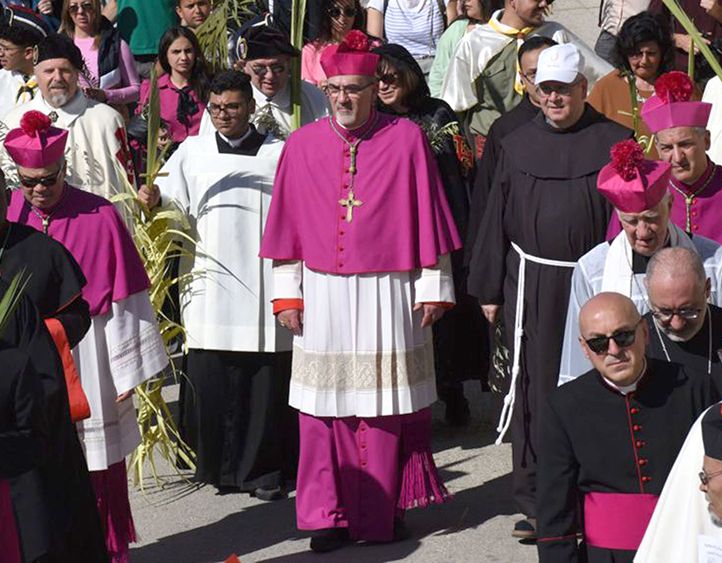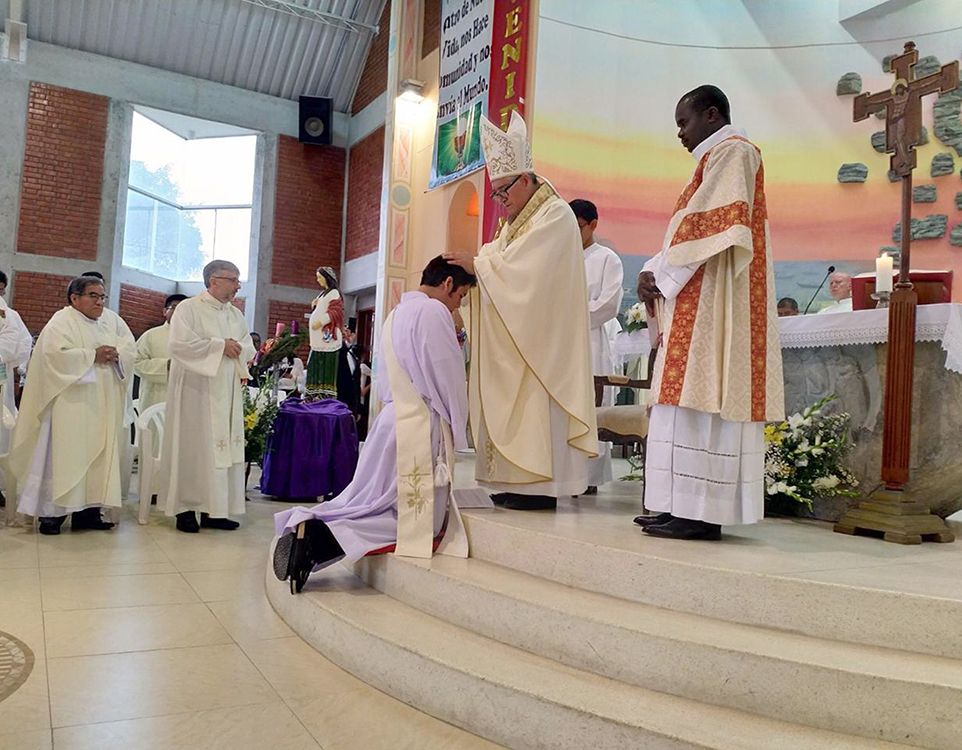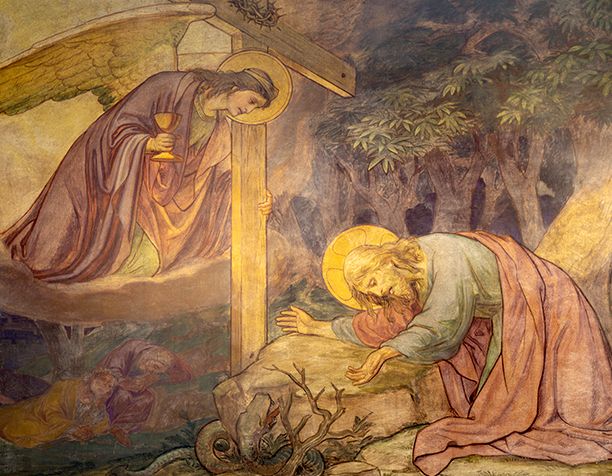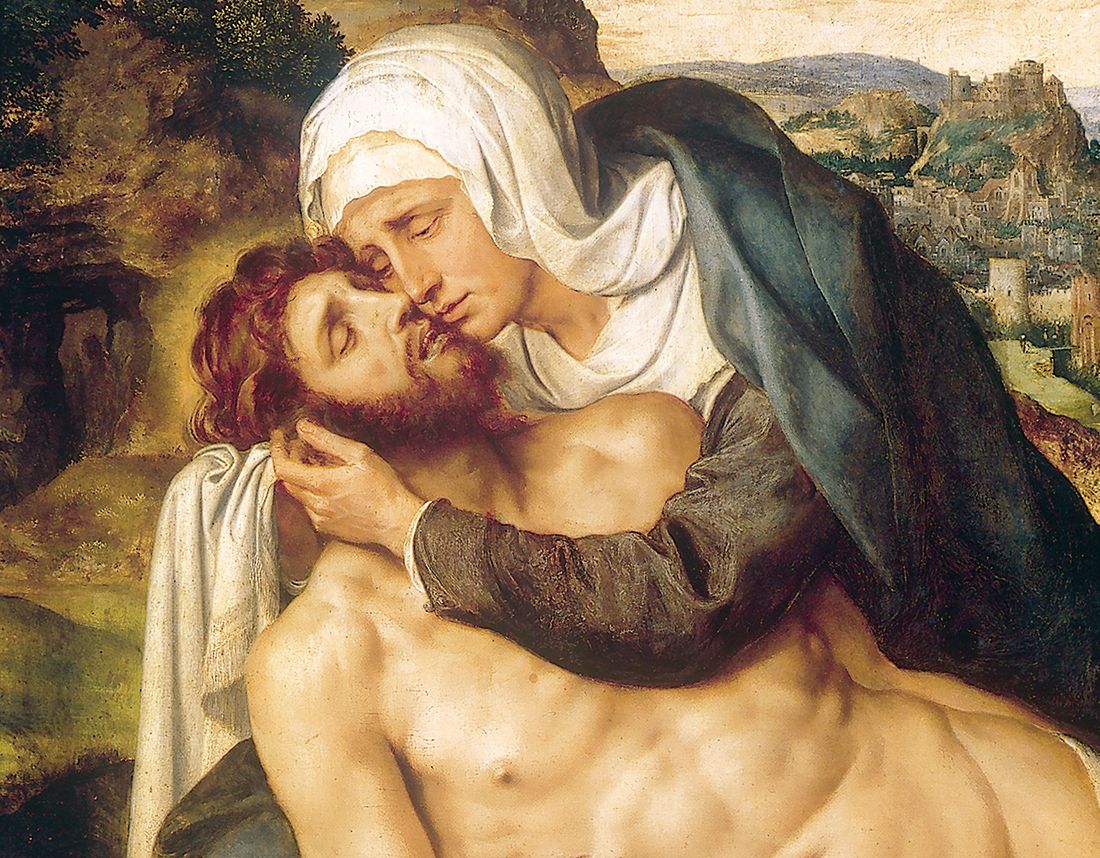“Father, forgive them; they do not know what they are doing” (Luke, 23, 34). Traditionally, this is the first of ‘The Last Seven Words of Jesus.’ I believe this is something providential because it makes us understand that there cannot be a real journey in the life of the followers of Christ Jesus and that there cannot be spiritual perfection without forgiveness. Forgiveness opens the door to holiness.
Moreover, this first word tells us that we can turn to Jesus completely in mind, heart, and soul, sharing our hopes and our efforts to be good, but sharing also our frustrations, our fragility, and our sins. Because of this James Martin, SJ, says that the last seven words, starting with the first one, are an invitation to a very deep friendship with Christ Jesus. He, the God we hope to follow, lived a human life filled with suffering, particularly in its final week. In the Letter to the Hebrews, we read: “For we do not have a high priest who is unable to sympathize with our weaknesses, but we have one who in every respect has been tested as we are, yet without sin.” (Hebrews, 4, 15-16).
GOD’S DESIRE TO FORGIVE
This means that we do not have a God who looks down on us from on high and merely pities us. We have a God who forgives and rejoices when we turn to Him asking for forgiveness. This is because the desire He has to forgive us is infinitely greater than the desire we may have or actually have to be forgiven by Him.
While on the cross, Jesus forgave those who were mocking and insulting Him sarcastically; he forgave Pilate, Herod, the soldiers, the fearful disciples, and the crowd. He forgave all. Probably if we had been there instead of Jesus, we might have downloaded our anger and frustration on such brutal people. We might have annihilated our enemies with mighty power, forcing them to admit their mistakes and their ferocity and to recognize God. But Jesus didn’t come down from the cross, as He was invited to do so. Let us listen to what Isaiah says: “For my thoughts are not your thoughts, and your ways are not my ways. For as the heavens are high above the earth so my ways are above your ways, my thoughts above your thoughts” (Isaiah, 55, 8-9).
A LOVE THAT TRANSFORMS
Jesus convinces people not by crushing them, but by forgiving them. Forgiveness is the most beautiful expression of love and Jesus knew that. It is the love received and given that transforms a person. Nothing else can generate transformation. This is why He affirms His divine mission of love by forgiving the heaviest nastiness. And His love is so deep, that He even finds justifications for His persecutors: “They do not know what they are doing.”
In Jesus’ behavior, we notice the following important points for the life of each one of us:
If Jesus forgave his persecutors on Calvary, He forgives us, too. Two great things console us: the fact that Jesus’ desire to forgive us is infinitely greater than the desire we may have to be forgiven by Him. Moreover, we can be sure that there is no situation, no matter how hopeless it may appear to us, that is beyond Christ’s power to save. How beautiful and consoling the expression of Saint Therese of Lisieux: “Even if I had in my heart the sins of the whole world, I would not lose my confidence in Christ my Savior, but I would go to Him and I am sure that all my sins would disappear in His mercy as a drop of water in a big fire.”
If Jesus forgave His persecutors and the whole of humankind, we too must forgive. In the prayer He has taught us, the Our Father, Jesus presents the importance and even the necessity of the forgiveness that we are called to have for one another and that we can learn only from God. In fact, it is a reflection of God’s forgiveness we experience in our inner self. This means that if we do not experience God’s forgiveness for us, we are not able to really forgive others. The tragedy of lack of forgiveness is that even though it is so disturbing, it is so common. It is possible to encounter persons who have been harboring feelings of bitterness in their hearts for such a long time, that it has become part of themselves. They never asked God to enable them to forgive. When we are unable to forgive, the only thing we can do is to put ourselves in front of the cross and stay there, looking at the dying Jesus. It is there that our wounds are healed; it is there that we learn to forgive as the healing power of Jesus reaches its apex.























